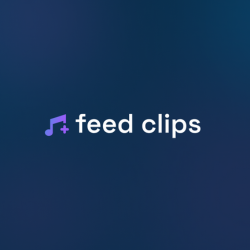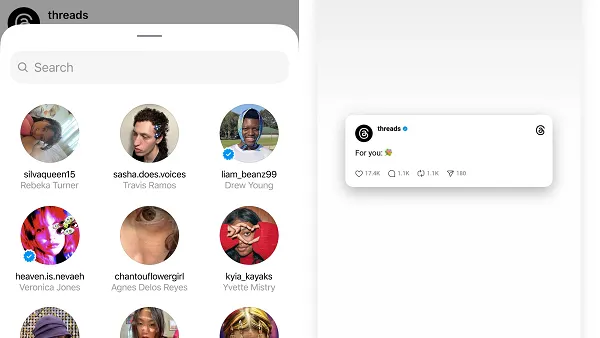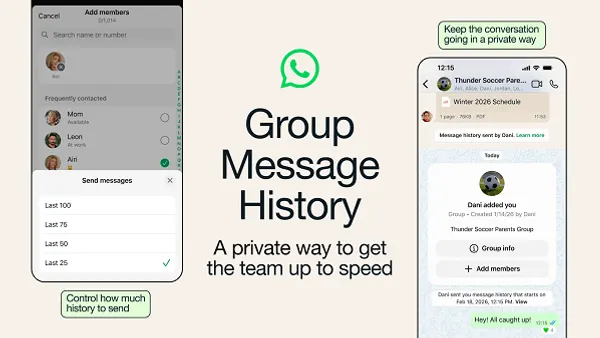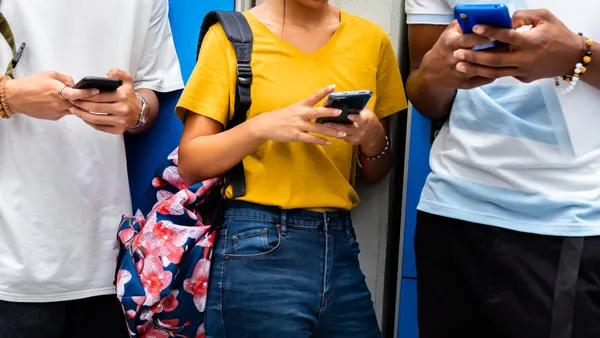 Last week, Mashable's Sarah Kessler authored an article about Pinterest clones which focused on sites that have copied the look, feel, and/or overall functionality of social media's most recent phenom. What I haven't seen though, are posts that put forth some higher order thinking around the act of curating content and what that means for individuals and for social media in general.
Last week, Mashable's Sarah Kessler authored an article about Pinterest clones which focused on sites that have copied the look, feel, and/or overall functionality of social media's most recent phenom. What I haven't seen though, are posts that put forth some higher order thinking around the act of curating content and what that means for individuals and for social media in general.
Before going any further, let's agree on a definition. Content curation does not include generating content, but amassing content from a variety of sources, and delivering it in an organized fashion. Anyone interested in finding relevant content pertaining to a specific category and funneling this information to an audience (public or private) in a mash-up style is a content curator.
Let's face it. Pinterest is beautiful. The images that we are pinning make it so. However, content curation is not only about collecting beautiful, funny, interesting images. It is about collecting information for future use, reference, enjoyment, etc. Pinterest has put a pretty face onto a very important concept and one that we should examine deeper.
What if you (or a loved one) recently received an unexpected medical diagnosis? I bet first thing you would run to Google and start searching for answers, reading everything you could to understand all you could. But then later, how could you share with your family what you have learned? A piece of content from WebMD, a snippet from the Mayo Clinic, an article from the New England Journal of Medicine. "Wait? Where did I read that? I wanted to be sure to ask my Doctor about that one thing..." Some content I might want to keep private and share only with select loved ones, while there are other scenarios where I might be willing to share my learnings with the world.
Imagine a student doing research on a topic from World History WWII to present. Instead of providing a bibliography at the end of his paper, he would provide the mash-up of sources used including news articles, official websites, pictures, music, and audio/video broadcasts. The student would spend more time interacting with the content instead of searching for it, and the class presentation would engage his peers at higher levels than ever before.
There are no limits when it comes to the types of content that can be curated. When you think about it, any piece of online digital content that can be shared can be curated.
Will there come a day when we replace the role of researcher or analyst with professional curators? Maybe. The more we flood the Internet with content (useful and otherwise), the more we need curators and the more we need to become curators ourselves.
Hats off to Pinterest for using the concept of pictures (each being worth 1000 words) to show us the importance of collecting and for sparking a whole new wave of thinking about content and the way we consume, create and share it.










